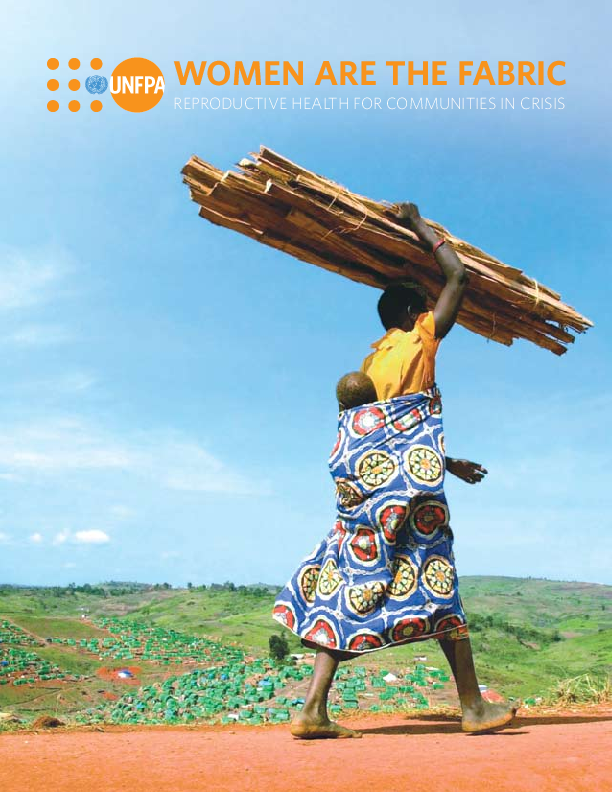Women give life, love and care to children, help to build and take care of the home, and feed and clothe their loved ones. In most of the developing world, women are additionally responsible for the agricultural production and local trade that help sustain their local economies. Women also weave the social fabric of their communities – working together to support schools, organize community events, and help to look after neighbours in need.
When emergencies strike, women become even stronger. In times of conflict, women may have to single-handedly ensure the safe flight of children, older relatives and the disabled across barren, unfamiliar territory, especially when men have been killed or are away fighting. In the aftermath of a natural disaster and in refugee settings, women’s usual roles often expand at the same time that even basic tasks, such as water collection, become more difficult to carry out. In all these situations, women must overcome immense obstacles to provide care and safety for others even as their own vulnerability to malnutrition, sexual
violence and exploitation, sexuallytransmitted infection, unplanned pregnancy and unassisted childbirth may increase.



